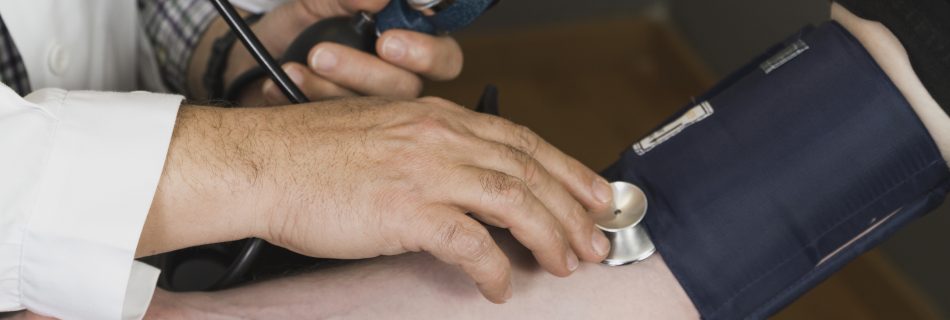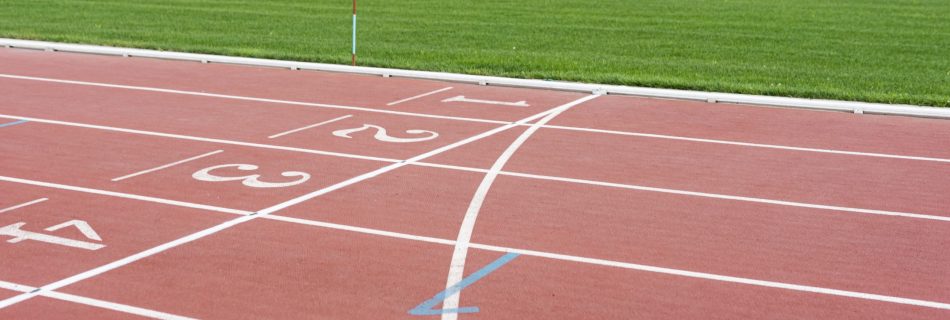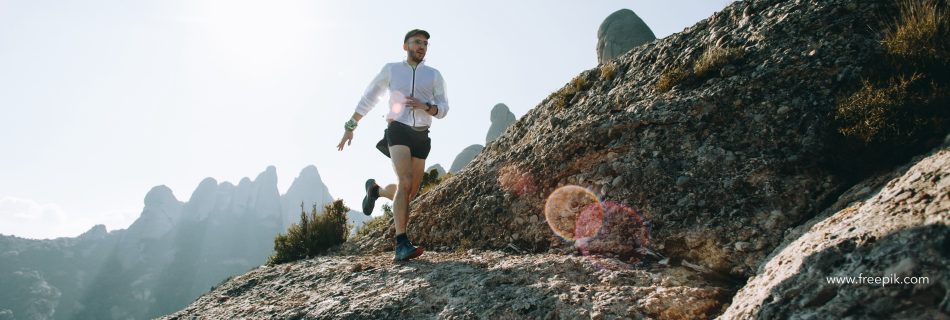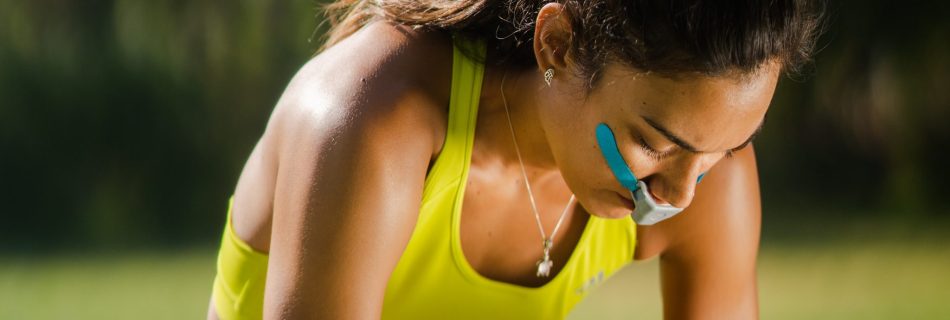Respiratory Rate as a Marker of Cognitive Load
When we engage in mentally demanding tasks, something changes almost immediately in our physiology. Long before we become consciously aware of fatigue or overload, our breathing pattern begins to shift. This response is not random. It follows a remarkably consistent physiological rule. A comprehensive systematic review published in Neural Plasticity examined more than 50 experimental studies analyzing …










